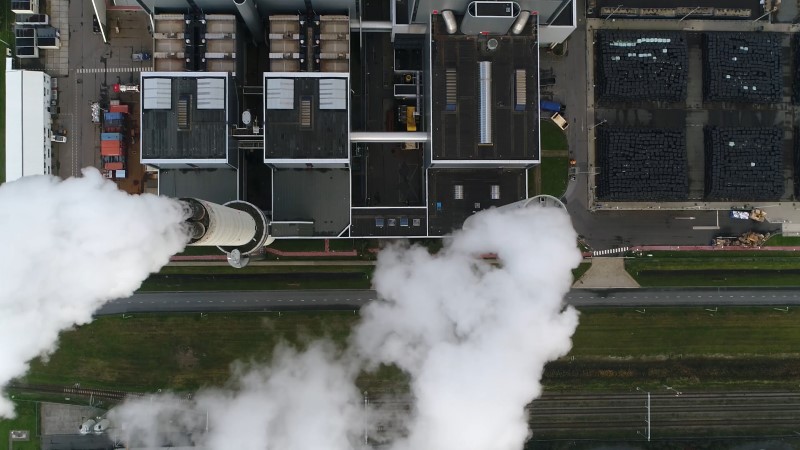(Bloomberg) – The UK should row back on its flagship goal to decarbonize its electricity supply by 2030 and replace it with more gradual strategy focused on keeping down costs, according to a report from the Tony Blair Institute.

UK Prime Minister Keir Starmer
It’s the latest criticism of a central tenet of Prime Minister Keir Starmer’s ambitious clean energy strategy as Britain’s cross-party consensus on climate action crumbles. Opposition parties the Conservatives and Reform are pledging to abandon the quest for net zero and roll back decades-old environmental legislation, arguing that it’s too costly.
In order to preserve broad public support for climate action the government should focus more squarely on reducing high energy bills, according to the report published on Thursday by the institute founded by former Labour Prime Minister Tony Blair. It backed the net zero 2050 goal, but said the priority for 2030 should be cheaper power.
“We’re in a cost-of-living crisis, and we’re in a climate crisis — you can’t just pick one and pretend the other doesn’t exist,” the Tony Blair Institute’s Executive Director for Politics Ryan Wain said in a statement. “Going for cheaper power this parliament will protect the critical consensus around this — which right-wing populists are trying to undermine.”
While the government has promised to deliver both cheaper and cleaner power by 2030 there’s little sign that consumers will actually see their costs fall meaningfully any time soon. Even as wholesale natural gas prices have declined, other portions of home energy bills linked to clean energy policies and other subsidies are going up.
“This government’s clean power mission is exactly how we will deliver cheaper power and bring down bills for good,” said a spokesperson for the UK Department for Energy Security and Net Zero. The affordability crisis has been driven by dependence on fossil fuels, “that’s why we have launched a golden age of new nuclear, consented a record amount of clean power.”
The government should be looking for efficiencies and value for money rather than moving quickly toward decarbonization, according to the Tony Blair Institute.
For example, UK electricity remains four times more expensive than gas, according to the report. So offshore wind auctions should face a price cap equivalent to the marginal cost of efficient gas-fired generation, the institute recommended. It urged the government to suspend certain carbon taxes on gas until 2030.
It also recommended that plans for carbon capture and storage be halted until the costs of the technology drops, and suggested that expensive subsidies for power plants that burn biomass should be phased out.
The report also urged the government to review it’s decision earlier this year to drop so-called zonal pricing, which would have seen electricity prices vary across the country to better match supply and demand.

